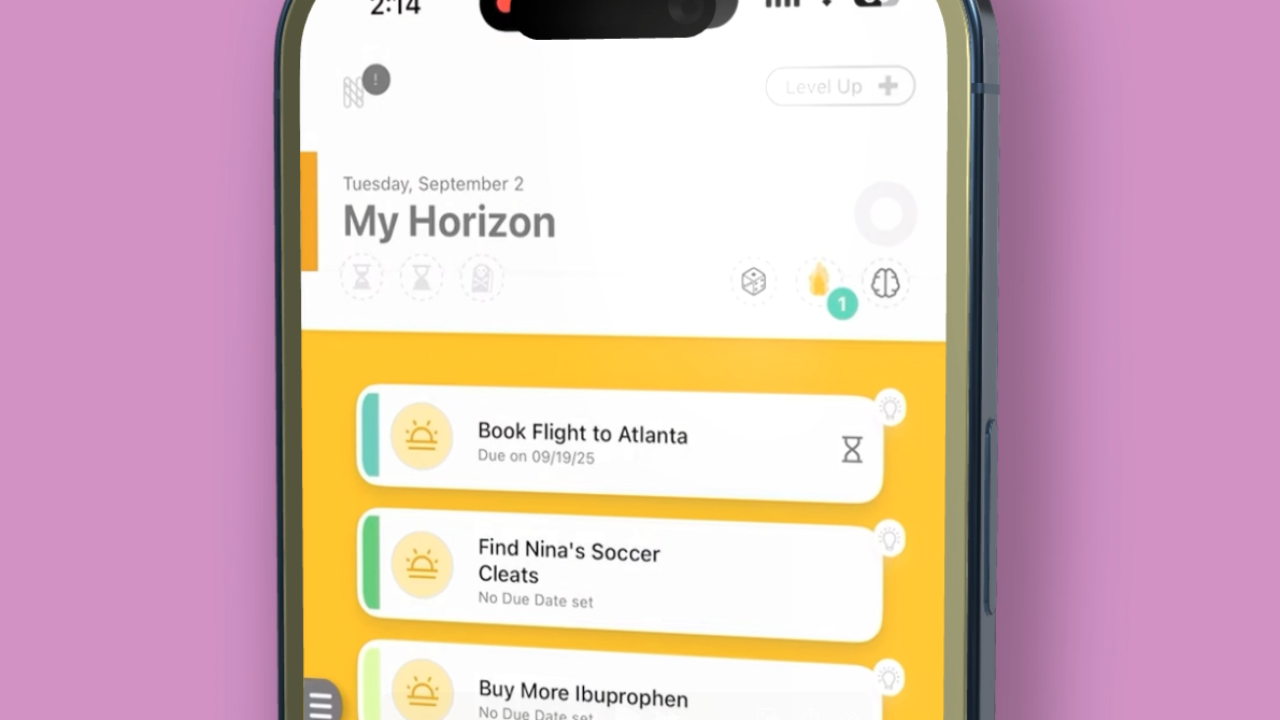Think of the last time you consulted a doctor. For most of us, it meant going to a medical office, waiting in a reception room, filling out forms on a clipboard emblazoned with a pharmaceutical logo, and then eventually sitting down to talk with a doctor about our aches and pains. It’s been like this for decades, but we are the last generation to visit our doctors on the corner of fourth and main streets.
We are now in the midst of a full-scale digital healthcare revolution that is redefining how healthcare is structured and delivered.
The number of digital healthcare apps available through the App Store and Google Play has exploded, reaching more than 100,000 last year. Wearable devices from Fitbits to Apple Watches continue to grow in popularity, and new services are making it easier for employees to find and connect with the right healthcare providers at the right time. Telemedicine services have also been on the rise, including Apple’s recent introduction of Airstrip, an app that allows vital signs and other information to be instantly and securely transmitted between patients and doctors.
But while we marvel at all this innovation, we overlook the fact that, for these technologies to take root in American healthcare, they must be embraced by America’s large employers. More than half of Americans get their health insurance coverage through an employer-sponsored plan – and with healthcare costs rising every year, large employers have a huge incentive to find new ways to reduce spending while keeping their people happier and healthier.
Also see: “
Simply put, the digital health revolution depends on what happens in the C-suite.
As more companies embrace digital health, they need to be cognizant of three trends that have come to define this revolution and how it will make healthcare more efficient, cost-effective, results-driven, and user-friendly.
The first emerging trend is the personalization of care. Gone are the days of the one-size-fits-all employee benefit program. Instead, employees can have access to custom-tailored sets of health services – such as smoking-cessation programs or fitness apps – that suit their needs. Data analytics make it possible for employers to create individual incentives for each employee to use their new benefits. Federal healthcare reforms have increased the size of incentives that employers can offer, meaning that employees can see significant savings on their monthly health insurance premiums.
The second is integrated management. Employers need to be able to identify the solutions that will work best for their employee populations, integrate them into their existing benefit and insurance programs, and manage the whole system without overwhelming their employees – or their HR departments. When companies get this right, employees get the care and services they need and everyone saves money.
Also see: “
The final piece of the puzzle is the recognition that digital health doesn’t mean the end of face-to-face interactions with medical providers. In fact, some digital solutions simply improve those interactions by better managing them or combining them with online tools. With Grand Rounds, for example, patients in need of an expert physician, second opinion, or advice about a medical condition can connect to the right doctors for in-person visits with the click of a button. In addition to care coordination, companies are offering employees telemedicine services. Doctor on Demand allows patients to see a doctor right away for urgent care needs without leaving the comfort of their home. Doctors see patients through video visits and are able to offer a diagnosis and recommend a treatment plan. By combining the old with the new, employers save money while their employees save time – and get the care they need.
The digital health revolution is already happening. And as an increasing number of employers adopt digital health solutions, more and more of us will find our care moving out of the doctor’s office and onto our phones, watches, and tablets. This will fundamentally change healthcare, and do so in a way that is better for patients, doctors, employers, and the country.
Derek Newell is CEO of





